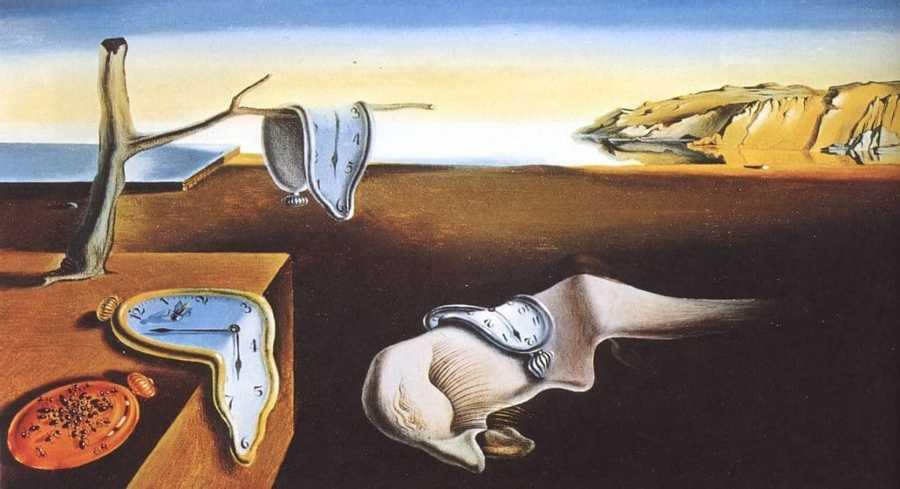The perception of time
Although some physicists would argue against the existence of time, we all do have a perception of time that reflects the reality of our lives on Earth.
117
670 reads
CURATED FROM
IDEAS CURATED BY
The idea is part of this collection:
Learn more about personaldevelopment with this collection
The impact of opportunity cost on personal and professional life
Evaluating the benefits and drawbacks of different choices
Understanding the concept of opportunity cost
Related collections
Similar ideas to The perception of time
Time
The time we have in this world is finite and it is our most valuable resource. With each passing day, we inch closer to death. But that does not mean our lives are meaningless. On the contrary, one could view this with excitement and understand that because life is not infinite, because there is ...
Our Perception Of Time
- Our sense of how time passes speeds up as we reach middle age. Years rush by faster and we all wonder where did the summer go?
- Our perception of time starts accelerating and the reason may be our decreased mindfulness about our surroundings.
- As we...
The perception of time
There’s a common idea that time feels like it speeds up as you age.
The theory is that the perception of time relies on the number of memories formed in a period. The more new and surprising experiences, the slower time feels.
Read & Learn
20x Faster
without
deepstash
with
deepstash
with
deepstash
Personalized microlearning
—
100+ Learning Journeys
—
Access to 200,000+ ideas
—
Access to the mobile app
—
Unlimited idea saving
—
—
Unlimited history
—
—
Unlimited listening to ideas
—
—
Downloading & offline access
—
—
Supercharge your mind with one idea per day
Enter your email and spend 1 minute every day to learn something new.
I agree to receive email updates
